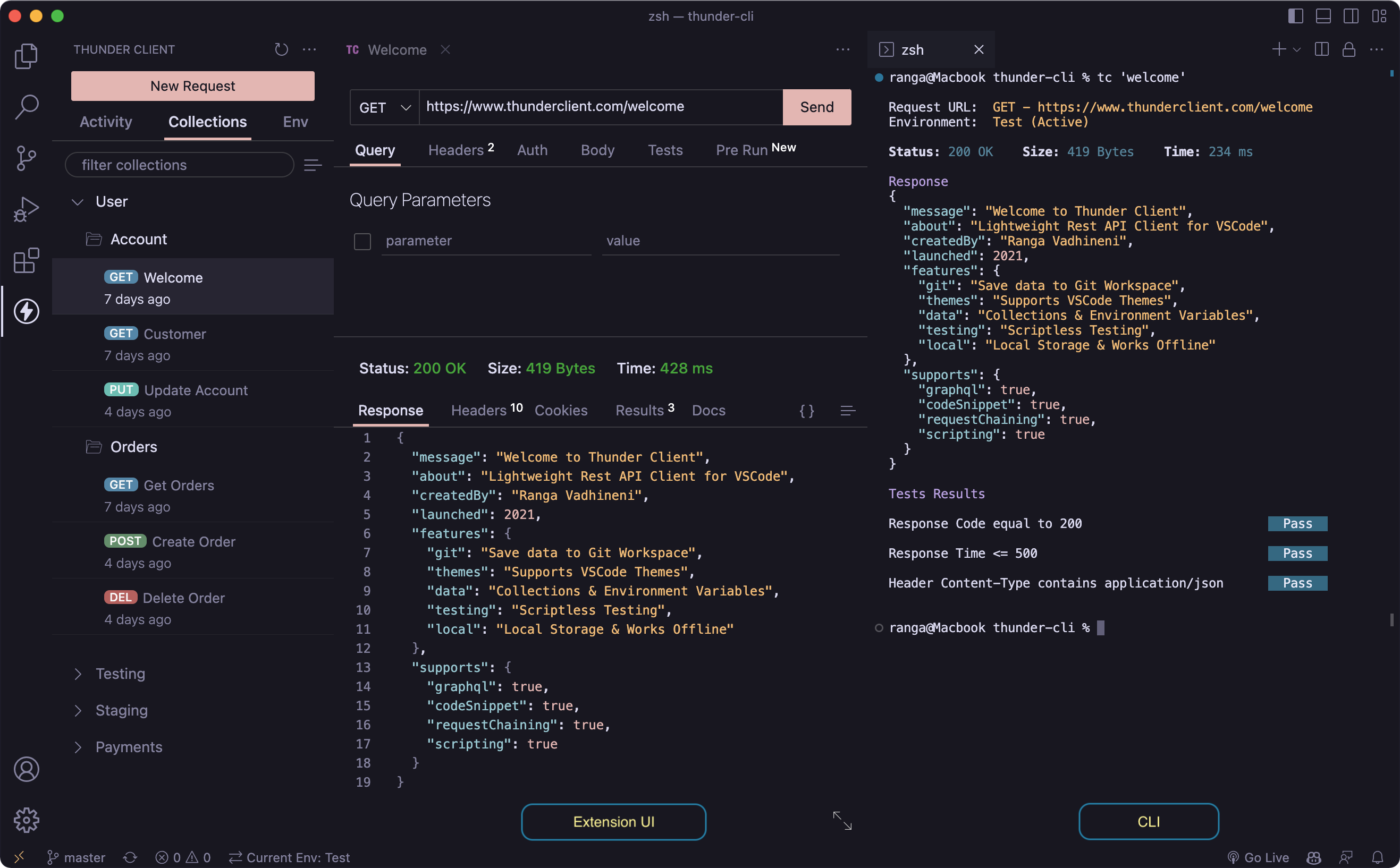
Before Thunder Client completely locks you out, export everything. You'll need your existing collections to migrate anywhere else.
Export Collections from Thunder Client
If you still have access (before the paywall kicked in):
- Open Thunder Client in VS Code
- Right-click on any collection → Export
- Choose JSON format (most compatible)
- Save to a folder you'll remember (like
~/api-exports/) - Export each collection separately - Thunder Client doesn't do bulk export
If you're already paywalled:
You're fucked for the GUI export, but your data is still on disk at:
- Linux/Mac:
~/.config/Code/User/globalStorage/rangav.vscode-thunder-client/ - Windows:
%APPDATA%\Code\User\globalStorage\rangav.vscode-thunder-client\
The files are JSON but in Thunder Client's internal format. You'll need to manually convert them.
What You're Actually Exporting
Your Thunder Client collections contain:
- Request definitions (URL, method, headers, body)
- Environment variables (dev/staging/prod configs)
- Test scripts (if you wrote any)
- Authentication configs (API keys, tokens)
⚠️ Security Warning: These exports contain your API keys and secrets in plain text. Don't commit them to Git or share them.
Understanding Thunder Client's Storage
Thunder Client stores everything in these files:
thunder-collection_[collection-name].json # Your actual requests
thunder-environment_[env-name].json # Variables and settings
thunder-tests_[collection-name].json # Test scripts
Each collection export gives you a single JSON file with all requests for that collection. Environment variables are separate files.
If You Can't Export (Nuclear Option)
If Thunder Client won't let you export, you can manually reconstruct from the storage files. The format is readable JSON, just structured differently than standard formats.
The key fields in `thunder-collection_*.json`:
colName: Collection namerequests[]: Array of all your requestsname: Request nameurl: Full URLmethod: HTTP methodheaders[]: Request headersbody: Request body (if POST/PUT)
This manual extraction sucks, but it's better than losing months of API development work.